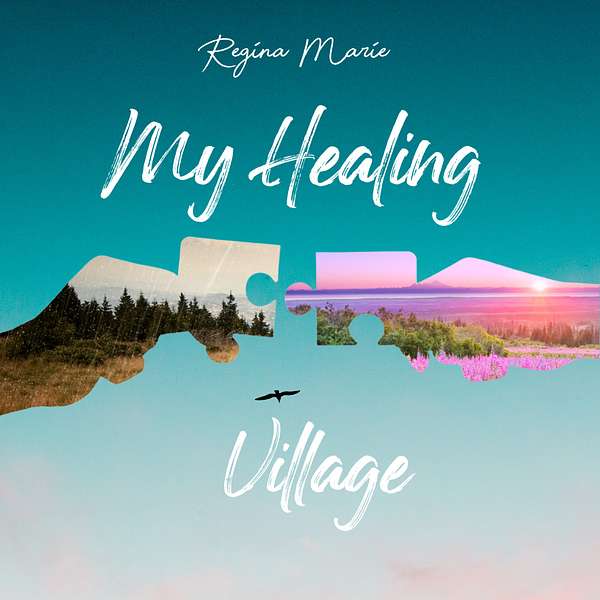
My Healing Village
My Healing Village
Cognitive Dissonance From a Psychological Perspective (PART 1) | Kerry McAvoy
“How starved you must have been that my heart became a meal for your ego.” – Amanda Torroni, author
Over the years, the concept of love has been excessively romanticized that people often get drowned in cheesy lines, fairytales, and that magical feeling of falling for someone. Yes, passionate/romantic love does make life more interesting and worthwhile; but the reality is, choosing to continue loving someone – even after seeing all the dark and ugly sides – entails hard work and a great deal of understanding and patience, not just for your partner, but for yourself as well. After all, a relationship is ultimately a union of two different and separate individuals with their own emotional and psychological structures.
Unfortunately, in narcissistic-abusive relationships, there is so much uncertainty, deception, and manipulation going on that all our energy and capability to understand and nurture another person and our own self eventually get exhausted over time. Because there are people who feed off our weaknesses and vulnerabilities, we gradually lose our sense of inner strength in the process of trying to save our relationships.
In this episode, which is part 1 of my conversation with the amazing Kerry McAvoy, let’s further understand the concept of cognitive dissonance from a psychological perspective and clear up some concepts related to narcissism. There’s a lot to unpack and digest as you listen, and I hope this enriches your awareness and insights as it did for me.
Healing Points of This Episode:
- You may experience cognitive dissonance in your everyday life in such a way that it’s functional for you. But cognitive dissonance in a narcissistic abusive relationship makes you fall for a person who turns out to be someone else behind the “mask” they wear to manipulate you.
- 3 Categories of Narcissists According to psychology experts: Those who can grow, those who get worse, and those who get dangerous.
- Dealing with a toxic and abusive relationship can cause great damage to a person’s psychological structure.
- When you allow your partner’s needs to exceed your own needs, you are actually betraying yourself, and that is not what should happen in a healthy, reciprocal relationship.
Words of Healing:
- “In my heart, I wanna say that they (narcissistic abusers) truly are the most insecure people that come across as arrogant and self-righteous and entitled, but they are begging for scraps of attention so much that they can't get it from one full person.” – Regina Marie
- “Narcissistic personality disorders, and personality disorders as a whole, are not nurtured. 80% has been shown in twin studies that this is a born trait.” – Kerry McAvoy
- “We connect with each other most intimately when we're the most vulnerable. And that especially includes our brokenness. We connect universally around our brokenness.” – Kerry McAvoy
- “If you want to break the trauma bond, which is based on fear of loss, fear of rejection, and fear of everything, you have to resolve the cognitive dissonance. You have to decide in your head who it is that you're really in a relationship with.” – Kerry McAvoy
Click this link for the full show notes:
https://docs.google.com/document/d/185UGwOv8Mz8_qpsiL4_6qf83r--qDGN7EaouL2m1U1Q/edit?usp=sharing
Follow Regina Marie: